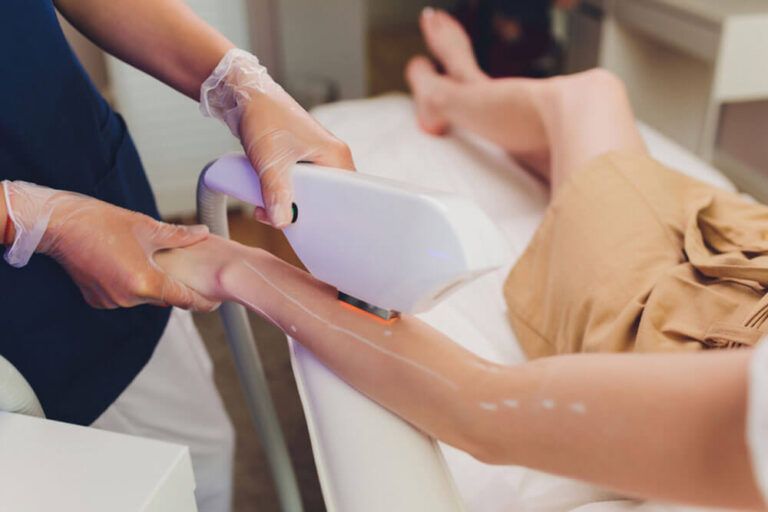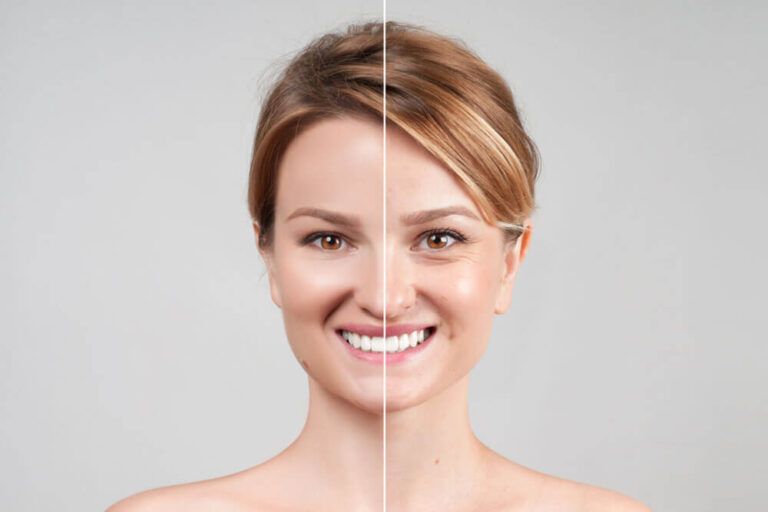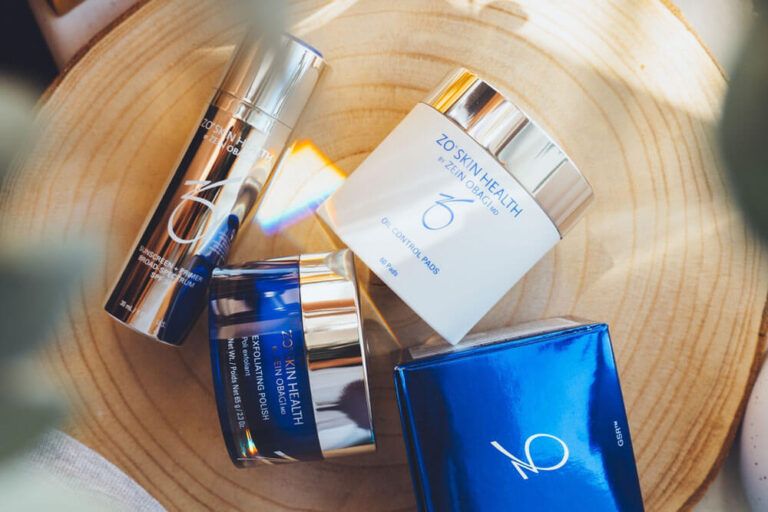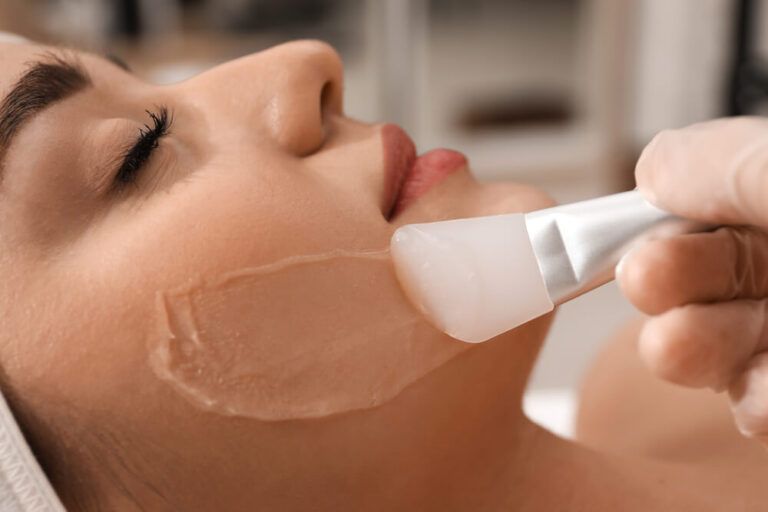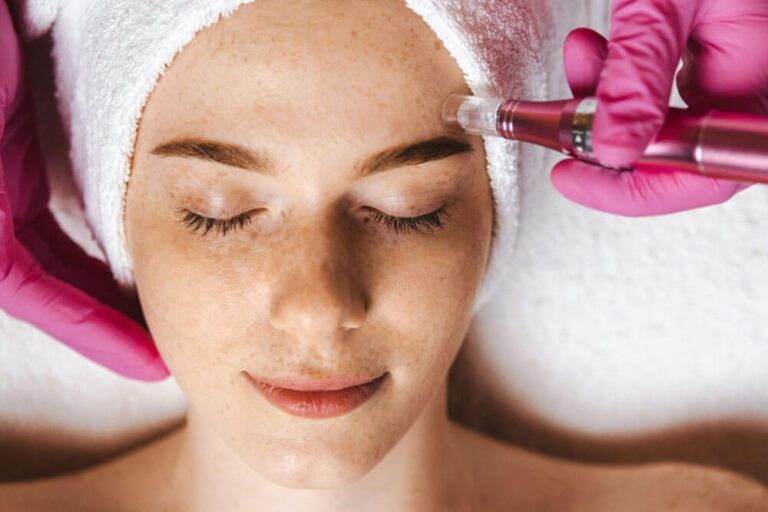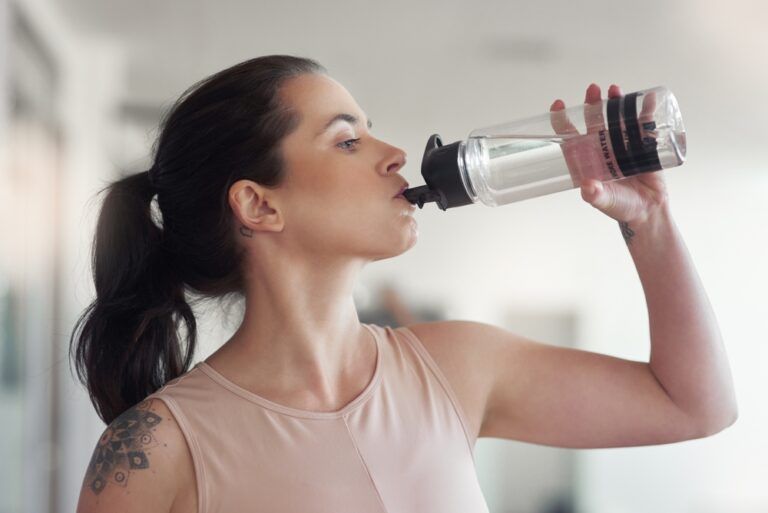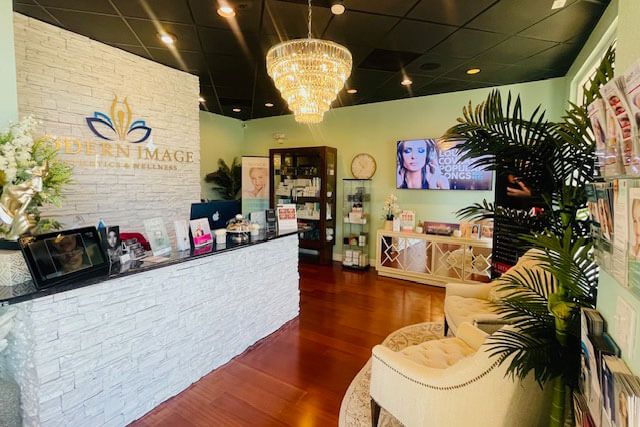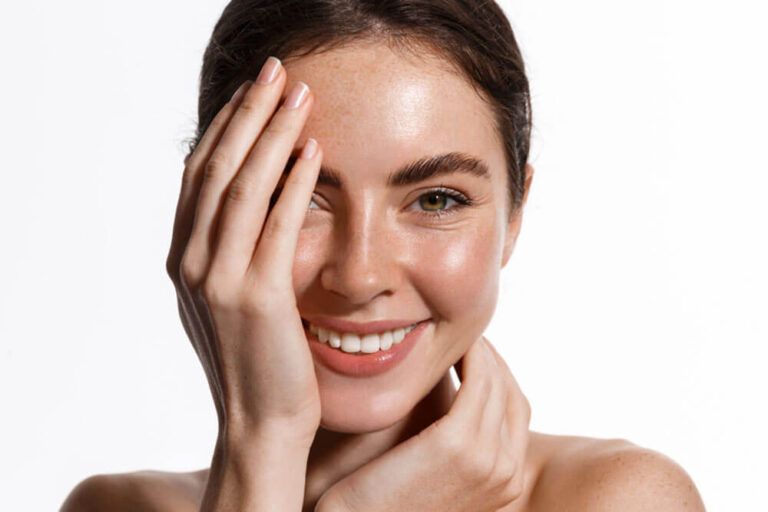Achieving a clear, glowing complexion isn’t just about the skincare products you use; it’s also about what you put into your body. Your diet plays a crucial role in the health and appearance of your skin. While some foods can boost your skin’s radiance, others can wreak havoc on your complexion. In this blog, we will discuss how diet affects the skin and the top foods to avoid if you want to maintain clear and glowing skin.
How Diet Affects the Skin
Your skin is the largest organ of your body and often reflects your overall health and well-being. Just as what you eat can affect your internal health, it also has a significant impact on the health and appearance of your skin. Here’s how diet affects your skin and why it’s essential to make mindful food choices for a clear, glowing complexion.
Nutrient Absorption and Skin Health
The nutrients in your diet play a crucial role in maintaining healthy skin. Vitamins, minerals, and antioxidants are essential for skin repair, protection, and overall appearance. For example:
- Vitamin C is vital for collagen production, which keeps your skin firm and youthful.
- Vitamin E protects your skin from oxidative damage caused by free radicals.
- Zinc helps in wound healing and reduces inflammation.
- Omega-3 fatty acids found in fish and flaxseeds help maintain the skin’s lipid barrier, keeping it hydrated and supple.
Therefore, a diet lacking in these nutrients can lead to dull, dry, and prematurely aging skin.
Inflammation and Acne
Inflammation is a key factor in many skin conditions, including acne. Certain foods can trigger inflammatory responses in the body, leading to skin flare-ups. Foods high in sugar, unhealthy fats, and refined carbohydrates can spike insulin levels, which increases the production of sebum (skin oil) and leads to clogged pores and acne. On the other hand, anti-inflammatory foods like leafy greens, berries, and fatty fish can help calm inflammation and promote clear skin.
Hydration and Skin Moisture
Proper hydration is crucial for maintaining skin elasticity and moisture. Drinking plenty of water helps to flush out toxins from the body and keeps your skin hydrated from within. Foods with high water content, such as cucumbers, watermelon, and oranges, also contribute to your overall hydration levels. Dehydration can make your skin look dry, flaky, and more prone to wrinkles.
Glycemic Index and Skin Aging
The glycemic index (GI) of foods measures how quickly they raise blood sugar levels. High-GI foods, such as white bread, sugary snacks, and processed foods, cause rapid spikes in blood sugar, which can lead to increased insulin levels and inflammation. This process can accelerate the breakdown of collagen and elastin, the proteins that keep your skin firm and elastic, leading to premature aging. Low-GI foods, such as whole grains, legumes, and vegetables, provide a more stable release of energy and are gentler on your skin.
Gut Health and Skin Conditions
The health of your gut microbiome (the community of bacteria in your digestive tract) is closely linked to your skin health. An imbalance in gut bacteria, often caused by a poor diet, can lead to inflammation and skin conditions like acne, eczema, and rosacea. Probiotic-rich foods, such as yogurt, kefir, and fermented vegetables, can help maintain a healthy gut and, in turn, promote clear and glowing skin.
Hormonal Balance
Diet also affects hormone levels, which play a significant role in skin health. For instance, dairy products can influence hormone levels and exacerbate acne in some people. Similarly, high-sugar diets can lead to insulin resistance, which can disrupt hormonal balance and contribute to skin issues. Eating a balanced diet rich in whole foods can help keep your hormones in check and support healthy skin.
What Foods to Avoid
Sugary Foods and Beverages
Sugar is one of the worst culprits when it comes to skin health. Consuming high amounts of sugar can lead to a spike in insulin levels, which in turn can increase the production of oils and contribute to the formation of acne. Additionally, sugar can break down collagen and elastin, leading to premature aging. Skip the sugary snacks, sodas, and desserts for the sake of your skin.
Dairy Products
Dairy products, including milk, cheese, and yogurt, can cause skin issues for some people. Dairy can lead to an increase in insulin levels and the production of sebum, which can clog pores and cause breakouts. Some studies suggest that hormones present in dairy products can also contribute to acne. If you notice your skin flaring up after consuming dairy, consider switching to plant-based alternatives.
Processed Foods
Processed foods, such as fast food, chips, and packaged snacks, are often high in unhealthy fats, sugar, and sodium. These ingredients can lead to inflammation and breakouts. Processed foods can also disrupt your body’s balance of omega-3 and omega-6 fatty acids, which are essential for maintaining healthy skin. Opt for whole, unprocessed foods to keep your skin looking its best.
Greasy and Fried Foods
Greasy and fried foods can lead to excess oil production in your skin, resulting in clogged pores and acne. These foods are also typically high in trans fats, which can promote inflammation and accelerate aging. Instead of fried foods, choose baked or grilled options, and focus on incorporating healthy fats, such as those found in avocados and nuts, into your diet.
Refined Carbohydrates
Refined carbohydrates, such as white bread, pasta, and pastries, can cause spikes in blood sugar levels, which can lead to inflammation and acne. These foods are stripped of their natural fiber and nutrients, leading to a quick release of glucose into the bloodstream. Opt for whole grains like quinoa, brown rice, and whole wheat bread to keep your skin clear and healthy.
High-Sodium Foods
High-sodium foods, such as salty snacks, canned soups, and processed meats, can cause water retention and puffiness, particularly around the eyes. Excess sodium can also lead to dehydration, making your skin appear dry and dull. Aim to reduce your sodium intake and drink plenty of water to keep your skin hydrated and glowing.
Alcohol
While the occasional glass of wine may not harm your skin, excessive alcohol consumption can lead to dehydration and dull, tired-looking skin. Alcohol can also cause inflammation and interfere with your body’s ability to absorb essential nutrients, such as vitamin A, which is vital for skin health. Moderation is key when it comes to alcohol consumption.
Conclusion
For a clear, glowing complexion, it’s essential to be mindful of what you eat. Avoiding sugary foods, dairy, processed foods, greasy and fried foods, refined carbohydrates, high-sodium foods, and excessive alcohol can significantly improve your skin’s health and appearance. Pair a healthy diet with a consistent skincare routine and plenty of water to achieve the radiant skin you’ve always desired. Remember, beauty truly starts from within!
Yuliya Crosley, ARNP is a registered nurse with 28 years of experience in the medical field and 5 plus years in medical aesthetics. She has been internationally trained by some of the most advanced aesthetic providers and plastic surgeons in the country and abroad, is certified in advanced aesthetic procedures and facial rejuvenation, and attends multiple workshops, seminars, symposiums, and trainings. She is an expert in dermal fillers, facial profile balancing, lips augmentation, advanced aesthetic laser skin resurfacing, body contouring, PDO thread lift, and medical grade skin care.




